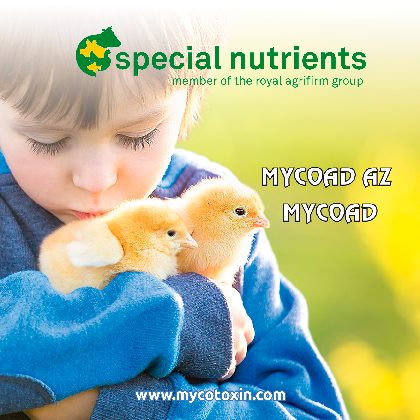Home » Legislation » Denmark Introduces World’s First Carbon Emissions Tax on Agriculture
script type="text/javascript">
atOptions = {
'key' : 'b9117458396fd1972f19bab359dbc64a',
'format' : 'iframe',
'height' : 90,
'width' : 728,
'params' : {}
};
document.write('');
14 Jul 2024
Dairy farmers in Denmark will soon face an annual tax of 672 krone ($96) per cow to offset the planet-heating emissions they generate. The Danish coalition government has agreed to implement the world’s first carbon emissions tax on agriculture, which will impose new levies on livestock starting in 2030.
Denmark, a major exporter of dairy and pork, identifies agriculture as its largest source of emissions. This coalition agreement, which includes a 40 billion krone ($3.7 billion) investment in reforestation and wetland projects, aims to help Denmark achieve its climate goals.
script type="text/javascript">
atOptions = {
'key' : 'b9117458396fd1972f19bab359dbc64a',
'format' : 'iframe',
'height' : 90,
'width' : 728,
'params' : {}
};
document.write('');
Foreign Minister Lars Lokke Rasmussen stated, “With today’s agreement, we are investing billions in the biggest transformation of the Danish landscape in recent times. At the same time, we will be the first country in the world with a carbon tax on agriculture.”
While the Danish dairy industry broadly supports the agreement, it has sparked discontent among some farmers. This move follows recent protests by farmers across Europe against environmental regulations and excessive bureaucracy.
Globally, the food system is a significant contributor to the climate crisis, accounting for about a third of greenhouse gas emissions. Livestock farming alone contributed roughly 12% of global emissions in 2015, with methane from cows and other animals being a major factor.
script type="text/javascript">
atOptions = {
'key' : 'b9117458396fd1972f19bab359dbc64a',
'format' : 'iframe',
'height' : 90,
'width' : 728,
'params' : {}
};
document.write('');
The tax, expected to be approved by Denmark’s parliament later this year, will start at 300 krone ($43) per ton of CO2-equivalent emissions from livestock in 2030, increasing to 750 krone ($107) by 2035. With a 60% tax break, farmers will effectively pay 120 krone ($17) per ton initially, rising to 300 krone ($43) by 2035.
Danish dairy cows emit an average of 5.6 tons of CO2-equivalent per year, according to the green think tank Concito. Initially, this will result in a charge of 672 krone ($96) per cow, rising to 1,680 krone ($241) in 2035.
For the first two years, the tax proceeds will support the agricultural industry’s green transition and then be reassessed. Concito’s chief economist Torsten Hasforth noted, “The whole purpose of the tax is to get the sector to look for solutions to reduce emissions,” suggesting that farmers could alter their livestock feed.
However, the Danish farmers’ group Bæredygtigt Landbrug criticized the measures as a “scary experiment.” Chairman Peter Kiær remarked, “We recognize that there is a climate problem, but we do not believe that this agreement will solve the problems.“
Arla Foods CEO Peder Tuborgh welcomed the agreement but stressed that farmers actively working to reduce emissions should not be penalized. DLG Group CEO Kristian Hundeboll emphasized the importance of aligning the tax with European Union legislation to maintain competitiveness.
In addition to Denmark, New Zealand had considered a similar law, set for 2025, but it was scrapped following a government change and criticism from farmers.
Denmark’s tax agreement, seen as a historic compromise by the Danish Society for Nature Conservation, still requires parliamentary approval but is expected to pass. As of June 30, 2022, Denmark had 1,484,377 cows, a slight decrease from the previous year. This new tax aims to reshape the country’s food industry beyond 2030 while addressing climate change.


